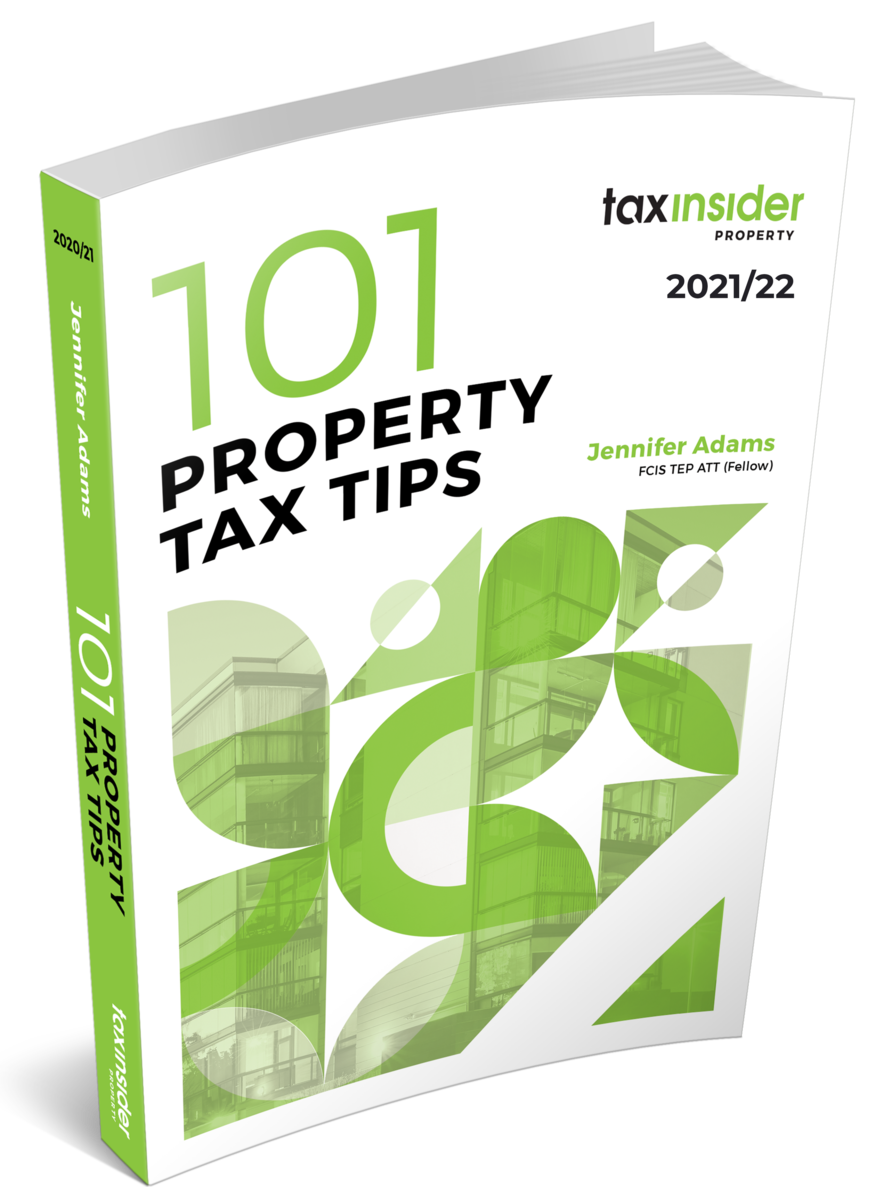James Bailey warns that a specific exception from a benefit-in-kind charge for cars and vans made available by the employer may be more difficult to obtain than some may think.
If your employer provides you with a car or a van you will generally be liable to tax on the value of this benefit-in-kind, computed using somewhat complicated provisions.
Exception from benefit-in-kind charge
There are exceptions to this general rule, one of which concerns cars or vans where private use is not allowed – and does not in fact take place. This may involve a ‘pool’ car which is used by several different employees for business journeys, but the exemption can also apply to a vehicle with only one user, provided none of that use is for private purposes.
In the case of vans, there is a sort of intermediate position, where the only private use involves journeys from home to work, and the exemption can apply here too, but for the purposes of this article we will not go into that. My point is to draw attention to the two conditions that must be met in order to avoid a benefit in kind charge:
- private use must be prohibited; and
- there must in fact be no private use.
The second of these conditions is a simple question of fact, but what many employers fail to realise is that so is the first condition – the ‘prohibition’ of private use.
Prohibiting private use – a true story
Consider a small husband and wife company that owns a pick-up van. The van is used to move stock around between the company’s several retail outlets, and is not used for private purposes. Are they safe from a benefit-in-kind tax charge?
The answer (and the company concerned is a client of my firm) is no. The company was the subject of an ‘employer compliance review’ by HM Revenue and Customs (HMRC), which checks the operation of PAYE on wages and (usually with more focus and aggression) the possible existence of unreported benefits-in-kind.
The HMRC official argued that there was a taxable benefit on the pick-up truck. She eventually accepted (after much tedious study of mileages between the company’s various stores) that there had in fact been no private use, but she pointed out that there was no evidence that private use was ‘prohibited’.
Eventually, I was able to persuade her that my clients had effectively prohibited private use by agreeing no such use should take place – I pointed out that such a prohibition could be achieved by speech as well as by writing, and she reluctantly dropped the point.
This is of course a ridiculous attitude on the part of HMRC, but unfortunately was not an isolated case. HMRC recently took a case to the tax tribunal where the absence of a written prohibition of private use was part of their case. See Holmes v HMRC [2015] UKFTT 0275 (TC).
This behaviour on the part of HMRC is an example of a certain attitude that pervades the department – common sense is overridden by a careful study of the legislation to discover traps for the taxpayer. It is curiously similar to the ‘aggressive tax avoidance’ they deplore – close study of the legislation can produce unexpected results – unfair reductions in tax for the tax avoiders, and unfair increases in tax for HMRC.
The solution is to have the prohibition on private use set down in writing, perhaps in the form of a letter to any employees who have access to the vehicle concerned.
Practical Tip:
Even if you are a one-man company with no other employees, if you have a van or a car that is never used for private purposes, write a letter from the director of the company (you) to yourself, forbidding you to use the vehicle for private journeys. I know it is ridiculous, but if you can show that to HMRC you will have protected yourself from their pedantry.
James Bailey warns that a specific exception from a benefit-in-kind charge for cars and vans made available by the employer may be more difficult to obtain than some may think.
If your employer provides you with a car or a van you will generally be liable to tax on the value of this benefit-in-kind, computed using somewhat complicated provisions.
Exception from benefit-in-kind charge
There are exceptions to this general rule, one of which concerns cars or vans where private use is not allowed – and does not in fact take place. This may involve a ‘pool’ car which is used by several different employees for business journeys, but the exemption can also apply to a vehicle with only one user, provided none of that use is for private purposes.
In the case of vans, there is a sort of intermediate position, where the only private use involves journeys from home to work,
... Shared from Tax Insider: I Can’t Stop Myself! Prohibiting Private Use Of Cars And Vans




